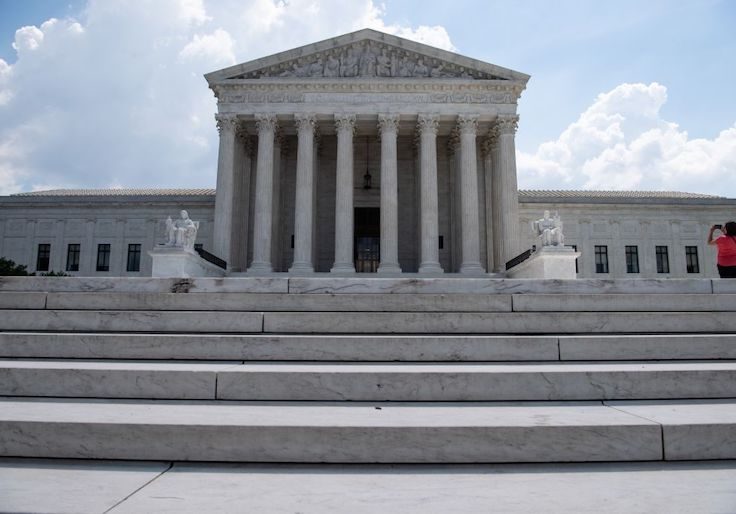Labor leaders have launched a state-level counterattack against the Supreme Court decision that declared mandatory union dues and fees for government workers unconstitutional.
More than 100 bills were introduced in state legislatures in response to the 2018 Janus v. American Federation of State, County, and Municipal Employees ruling in 2019. A majority of those bills contained union-backed policies, according to the pro-free market Commonwealth Foundation.
Many of the bills, outlined in a new foundation report, unionize new workers without their knowledge or consent and provide non-member fee workarounds in states such as California and Oregon. In other instances, union leaders have used their substantial lobbying resources to undermine legislation enforcing Janus.
Charles Mitchell, president and CEO of the Commonwealth Foundation, said in a news release that those bills are designed to preserve the influence unions once held over workers.
"This report warns that a Supreme Court decision is in danger of being undermined by politically savvy actors at the state level," Mitchell said.
The union-led crusade against Janus began just months after the decision. In June 2018, the Supreme Court ruled 5-4 that mandating union fees as a condition of employment violates the free speech rights of workers. The landmark ruling overturned the Supreme Court's 41-year-old precedent that allowed compulsory public sector unionization in the name of labor peace.
The decision was criticized by union leaders and Democratic legislators alike, with Senate Minority Leader Chuck Schumer (D., N.Y.) calling the ruling a "gut punch" to workers and a result of "relentless attacks" on unions.
In the wake of the ruling, government union leaders have backed a surge of union-friendly bills across the country in an attempt to undermine the impact of Janus.
Legislation in Oregon replaces unconstitutional agency fees with "reasonable fees and costs for representation that [are] unrelated to the negotiation of a collective bargaining agreement" in one Janus workaround. Other bills proposed or enacted in 12 states risk infringing on workers' First Amendment rights by requiring government employees to disclose a wide array of private information to unions, including cell phone numbers and personal email addresses, according to the foundation.
In many instances, concerns over the union-led response to Janus have led public workers to file lawsuits against their union leaders.
More than 70 Janus-related lawsuits have been filed across the country, with nearly half of the lawsuits taking place in California and Pennsylvania. Many of the suits seek a return of union fees paid before the Janus ruling. Mitchell said the rights established by Janus need to be guarded by labor watchdogs.
"Advocates for workers cannot rest on their laurels and expect public employees' newly-restored rights to be respected," Mitchell said. "More workers are realizing that their union's leadership is acting for themselves rather than for workers. Our friends and neighbors in public service shouldn't have to sue to have the same rights as you and I."
